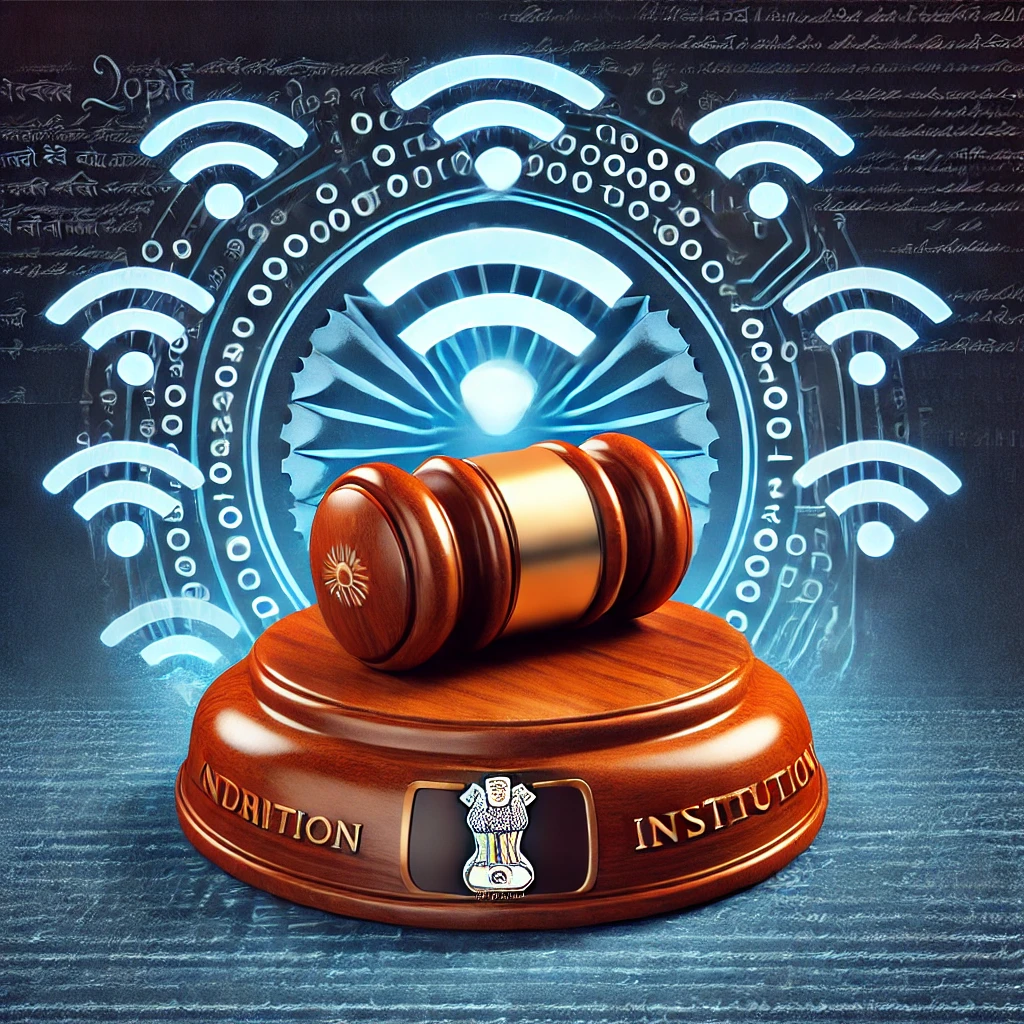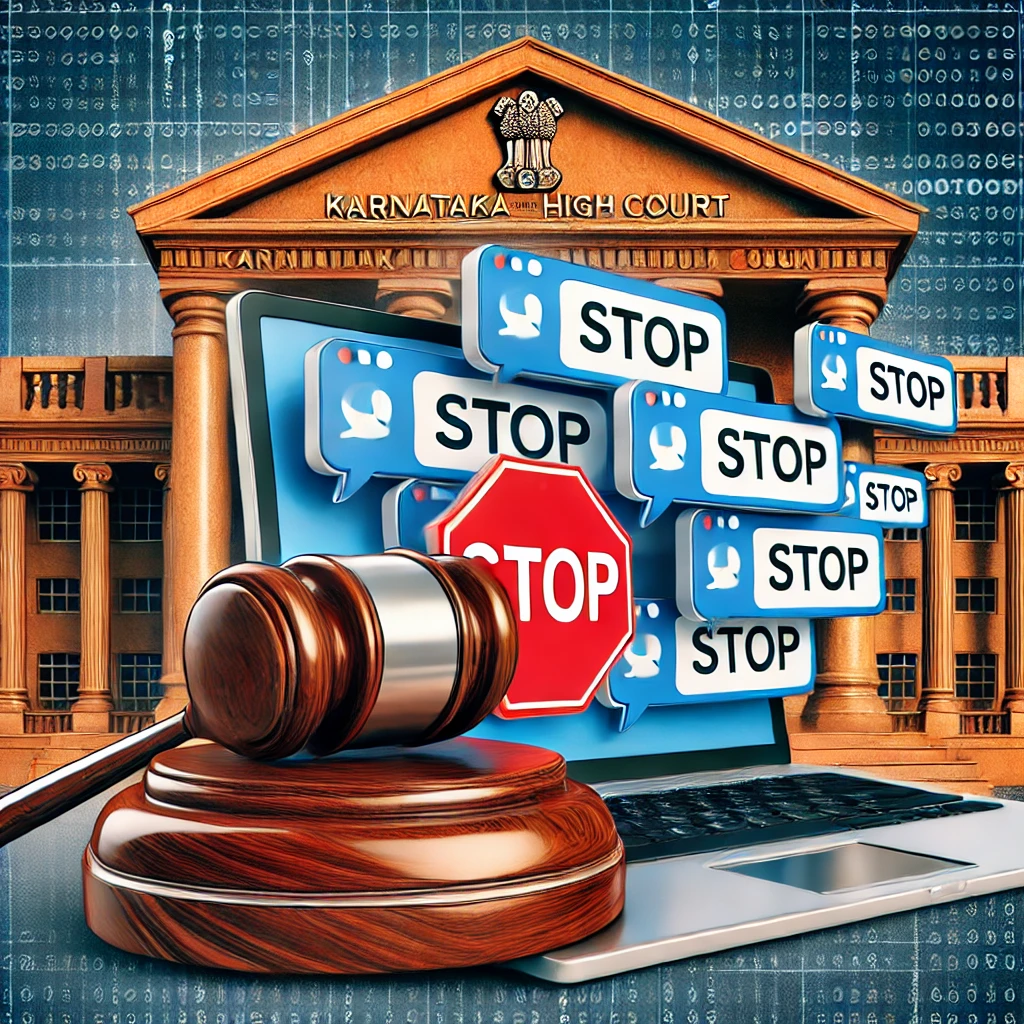Media laws at Gibraltar (BOT)
Gibraltar, as a British Overseas Territory (BOT), operates with a legal and regulatory framework that is influenced by both UK law and local legislation. While it has a relatively small media landscape, Gibraltar enjoys a high degree of press freedom, and its media laws are largely shaped by constitutional guarantees and international standards. Below is an overview of media laws in Gibraltar:
1. Constitutional and Legal Framework
The Constitution of Gibraltar (2006): The Constitution of Gibraltar guarantees freedom of expression, including the freedom of the press, under Section 16:
Section 16(1): "Everyone has the right to freedom of expression, including freedom to hold opinions and to receive and impart information and ideas without interference by public authority and regardless of frontiers."
This provision ensures that Gibraltar adheres to basic principles of media freedom, in line with international human rights standards.
European Convention on Human Rights (ECHR): As a British Overseas Territory, Gibraltar is also indirectly subject to the ECHR, which further strengthens the legal protection of freedom of expression and media freedom.
2. Key Media Regulations and Acts
While Gibraltar follows many of the media laws of the UK, it also has local laws to govern media operations. Some important regulations and legal frameworks include:
A. The Broadcasting Ordinance (1990)
This ordinance provides the framework for the regulation of broadcasting in Gibraltar, including the licensing of radio and television stations.
The Gibraltar Broadcasting Corporation (GBC), the primary public broadcaster, is governed by this ordinance.
Private broadcasters also operate in Gibraltar, but the broadcasting environment is relatively small due to the territory's size and population.
B. The Newspapers and Periodicals Act (2007)
This Act regulates print media in Gibraltar, including the publication of newspapers and periodicals.
It sets out requirements for the registration of newspapers and the responsibilities of publishers.
It also addresses defamation and issues related to media content, providing a framework for complaints and disputes.
C. The Telecommunications Act (2000)
This Act covers the regulation of telecommunications, including internet and digital media services in Gibraltar.
It ensures that companies operating in Gibraltar's media and telecommunications sectors comply with standards relating to licensing, content, and competition.
3. Regulatory Bodies
A. Gibraltar Regulatory Authority (GRA)
The Gibraltar Regulatory Authority is responsible for regulating various sectors, including telecommunications and broadcasting.
It oversees licensing, competition, and technical standards for radio, television, and digital media.
The GRA plays a key role in ensuring that Gibraltar’s media providers operate fairly and meet appropriate legal and technical standards.
B. Gibraltar Broadcasting Corporation (GBC)
The Gibraltar Broadcasting Corporation (GBC) is the public service broadcaster in Gibraltar, operating both radio and television channels.
GBC is responsible for providing public service programming, which includes news, current affairs, and entertainment, with a focus on Gibraltar’s local issues and international relations.
GBC is funded by a combination of government grants and advertising revenue.
C. Press Complaints Commission (PCC)
Gibraltar has a Press Complaints Commission that oversees media ethics and disputes. It is similar to the Press Complaints Commission in the UK and helps resolve issues related to complaints against newspapers, including issues of accuracy, fairness, and privacy.
4. Freedom of the Press and Media Environment
Press freedom in Gibraltar is largely protected by law, with journalists enjoying significant independence in reporting.
Defamation laws are in place, and the media must ensure that they avoid publishing false or harmful statements that could damage individuals' reputations.
The Gibraltar Chronicle, established in 1801, is the main daily newspaper in Gibraltar, alongside other local newspapers and media outlets, such as GBC News.
Gibraltar's media landscape is smaller than many other regions, but it includes a mix of traditional and online media outlets, and there is a relatively low level of government intervention in news reporting.
5. Defamation Laws
Defamation in Gibraltar is treated as both a civil and a criminal offense.
Civil defamation cases are typically resolved through the courts, where plaintiffs can seek damages if they can prove that false statements have harmed their reputation.
Criminal defamation is also possible, though it is less common. The burden of proof falls on the defendant, who must show that their statement was either true or made in the public interest.
Public figures may have more limited recourse under defamation laws, but they can still pursue cases if their reputation is harmed by false reporting.
6. Broadcasting and Media Ownership
Gibraltar Broadcasting Corporation (GBC): GBC is the primary public broadcaster in Gibraltar and operates radio and television services, including GBC TV and Radio Gibraltar.
GBC is funded by a combination of government grants and advertising revenue. As a public service broadcaster, it is subject to oversight by the Gibraltar Regulatory Authority (GRA).
GBC’s programming focuses on Gibraltar-related news, issues, and international affairs.
Private Media: In addition to GBC, there are private radio stations, newspapers, and online media outlets in Gibraltar. The media market is relatively small due to the territory's population, but private companies operate freely within the bounds of the law.
7. Social Media and Online Content
Social media platforms are popular in Gibraltar, and many local news outlets also maintain a strong online presence.
Online media regulations: Similar to traditional media, online platforms in Gibraltar must adhere to legal requirements, particularly regarding defamation and false information.
In general, there is no significant restriction on online media, though the same legal provisions governing traditional media apply to digital content.
8. Hate Speech and Content Regulation
Hate speech and content that incites violence or discrimination are prohibited by law in Gibraltar. The Telecommunications Act and the Public Order Ordinance set out legal provisions to prevent the broadcast of such content.
Media outlets are expected to comply with broadcasting standards and ensure their content does not promote harmful or discriminatory views.
9. International Standards and Cooperation
Gibraltar is bound by the European Convention on Human Rights (ECHR) through its status as a British Overseas Territory, which provides further protection for freedom of expression and media freedom.
While Gibraltar is not a member of the European Union, it follows international human rights law, which strengthens its commitment to media freedom and press rights.
Summary Table: Media Laws in Gibraltar
| Aspect | Status |
|---|---|
| Freedom of Press | Protected by the Constitution and international human rights law |
| Defamation | Civil and criminal offenses; public figures have limited recourse |
| Broadcasting | Regulated by the Broadcasting Ordinance; public (GBC) and private broadcasters |
| Social Media Regulation | Online media subject to similar laws as traditional media |
| Press Complaints | Governed by the Press Complaints Commission |
| Public Service Broadcasting | Gibraltar Broadcasting Corporation (GBC) plays a key role |
| Ownership | Mix of public and private media ownership |
| Hate Speech | Prohibited by the Telecommunications Act and Public Order Ordinance |
Conclusion:
Gibraltar enjoys strong protections for freedom of expression and media freedom, which are enshrined in its Constitution and influenced by UK and international law. The media operates with significant independence, though defamation laws and regulations around content, particularly regarding hate speech, are in place to balance freedom of expression with public order and individual rights. Gibraltar's media landscape is relatively small but diverse, with a mix of public and private outlets providing local and international news.




















0 comments